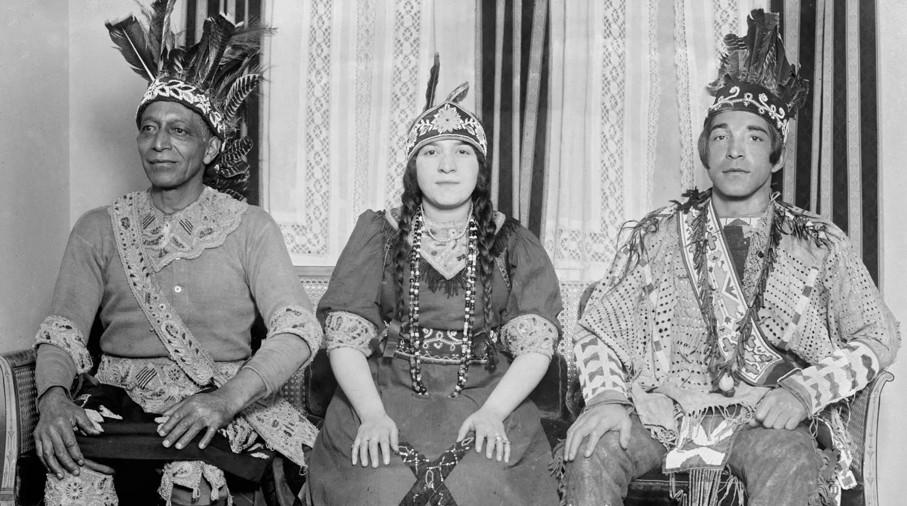
Giacomo Casanova is famously known as a womanizer and seductive charmer, to the extent that his name is used as an adjective for men with similar traits. Born into a humble family, Casanova utilized his charisma and wit to gain favor with the elite. Throughout his career, he dabbled in various professions such as law, military, espionage, writing, sales, and gambling, with varying levels of success. Casanova traveled extensively across Europe, leaving a trail of seduced women.
Casanova was born in Venice in 1725 and was the eldest of six children. His parents were actors. He attended boarding school in Padua and lived with his teacher, Abbé Gozzi, and his family. It was there that he had his first encounter with the opposite sex when Gozzi’s younger sister, Bettina, touched him inappropriately at the age of eleven. Casanova later wrote that it was Bettina who ignited the first sparks of his lifelong passion.
After graduating from the University of Padua with a law degree and studying moral philosophy, chemistry, and mathematics, Casanova’s interest in medicine proved beneficial in his later years. However, his gambling habits had mixed outcomes.
Upon returning to Venice, known as the epicenter of pleasure in Europe during that time, Casanova began his legacy as a notorious womanizer.
Venice, with its celebrated Carnival, gambling dens, and renowned beauties, was the most anticipated stop on the Grand Tour for young European men, and Casanova eagerly embraced the city’s offerings. He secured his first patron, Venetian senator Alvise Gasparo Malipiero, who introduced him to the upper echelons of Venetian society, a pattern he would repeat throughout his life. However, this arrangement ended abruptly when Casanova was discovered with Malipiero’s intended mistress, resulting in their expulsion.
Around this time, Casanova experienced his first full sexual encounter with two young sisters, Nanetta and Maria Savorgnan, an experience he later claimed set him on his path of licentiousness.
After a brief and scandalous foray into the church, Casanova pursued a military career, purchasing a commission and uniform to join a regiment in Corfu. However, he soon grew bored with the lack of promotion and gambled away most of his pay, prompting his return to Venice. He then attempted a career as a professional gambler, but was unsuccessful. His next pursuit was as a violinist. His earlier interest in medicine then proved useful after he saved the life of a Venetian aristocrat, Senator Bragadin, who became his patron, allowing him to re-enter Venetian high society. For three years, he worked as a legal assistant while primarily focusing on gambling and pursuing women. Ultimately, a practical joke with severe unintended consequences, leading to the victim’s paralysis, and a false accusation of rape, forced Casanova to flee Venice.
He traveled through Parma, Paris, and other European capitals, expanding his network of contacts and increasing his list of sexual conquests. In 1753, he returned to Venice, but this time, his activities attracted the attention of the authorities, leading to his arrest and imprisonment without trial in the notorious Doge’s Palace prison.
With the assistance of fellow prisoners, Casanova escaped and made his way back to Paris in 1757. Under the patronage of a former friend who had become the French foreign minister, Casanova embarked on a diverse range of activities, including working as a government spy. He also cultivated a reputation among the wealthy as an expert in the occult. He served as a trustee for the first state lottery and successfully sold lottery tickets and government bonds. These ventures earned him considerable wealth, which he used to acquire a silk manufacturing company. Regrettably, his gambling habits and seduction of his female workforce led to his financial ruin once again.
Driven from France and repeatedly arrested for debt, Casanova grew weary of his itinerant existence. Briefly considering a monastic life after visiting a monastery, he abandoned the idea upon encountering a new romantic interest on his return to his hotel. For years, he traversed Europe, adopting the alias “Chevalier de Seingalt” to promote his state lottery concept while indulging in numerous affairs. His time in England, hampered by his lack of English, led him to cleverly advertise an apartment for rent, using the applicant interviews as a means to find amorous companionship. Despite his efforts, his lottery proposal was rejected by George III, Frederick the Great, Catherine the Great, and Charles III.
After an 18-year exile, Casanova was permitted to return to Venice in 1774, only to find himself weakened and disillusioned. The city had changed, offering him few friends, gambling opportunities, or willing paramours. He witnessed the death of Bettina Gozzi, his first sexual encounter, as she passed away in his arms. Returning to writing, his resentment sparked conflicts with the authorities, leading to another expulsion.
Casanova spent his final years as a librarian at the Castle of Dux in Bohemia, now the Czech Republic. Largely ostracized by the other residents, he devoted himself to writing his memoirs. In 1797, Napoleon’s conquest of Venice ended the Venetian Republic, but it was too late for Casanova to return. He died in exile on June 4, 1798.





